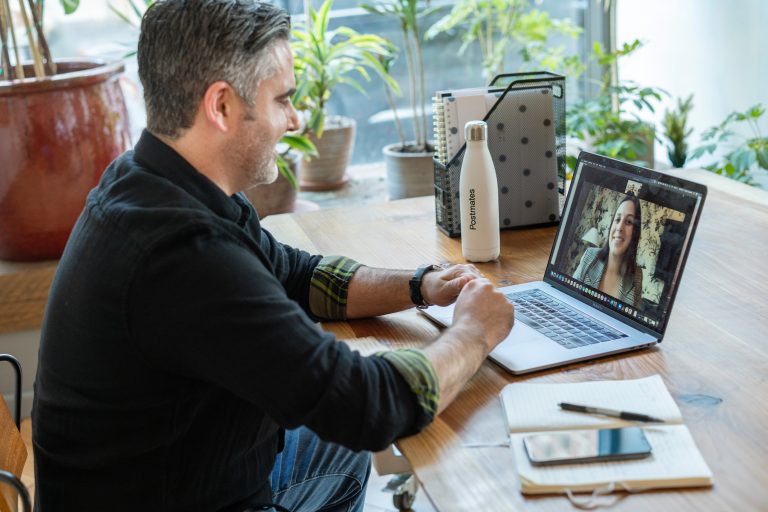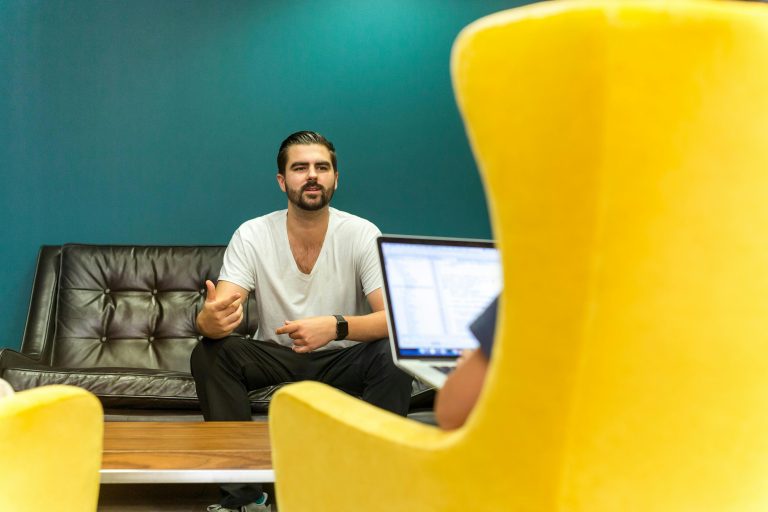Career Transition with Bill
What sparked your career change?
It wasn’t really a career change. I’m doing the same sort of thing as before, only I am self-employed now.
What work were you doing previously?
Helping companies use their Computer Aided Design (CAD) software and design automation software.
“Helping” = technical support, training, installations, configurations, consulting, etc.
What are you doing now?
Pretty much the same thing, but now I am also actively using the software for my customers, rather than just helping the customers use it themselves.
Why did you change jobs?
In simple terms, dissatisfaction with my role, there were no opportunities for growth. I had been looking for roles with more responsibility and scope. I had managed to change roles twice, but within short periods of time, each new role was abolished, putting me back where I started.
It seemed to me that where I wanted to go within the organisation, and what the organisation could offer me, we’re not going to match. It was time for a change.
What process did you go through to decide to change?
It was a slow process over several years. Repeated disappointments within the organisation I worked for slowly built up my dissatisfaction to the point where the pain of staying outweighed the pain/challenge of leaving.
How did you go about making the shift?
First, I started looking for another similar job, as most people do.
Second, I started working with Nikki and Richard at LME Coaching. They helped me look beyond what I was used to and got me thinking about working for myself.
Third, although my desire to change jobs had been simmering for a while, when it happened, it happened quickly. Within one week I received 2 phone calls asking me if was in a position to consider taking on some contract work, one of them was for 6 months.
This gave me enough confidence to quit my job and start working for myself. I figured 6 months was enough time to get myself established.
What help did you manage to get?
The only help I got was from LME Coaching, first Nikki and later Richard.
What was the hardest part of changing careers?
Getting out of the comfort zone of being an employee in a “secure” job.
What have you learned in the process?
A “secure” job is not really secure. It’s just as secure being self-employed.
It’s hard work working for yourself. I need to allocate time to work “on my business”, not always “in my business”.
I need to be more organised.
Are you happy with the change?
Yes, very.
What do you miss and what don’t you miss?
I miss the team of people I used to work with. Although we were spread around Australia and New Zealand, we were in daily contact – emails, phone, Teams, Zoom, etc – which was great. They were a good bunch of people.
I don’t miss the office politics. I don’t miss certain people. I don’t miss the frustration I had when there was no career trajectory for me.
What do you enjoy most about your new career?
The flexibility to work as it suits me. Although I must be disciplined to actually do the work.
There is potential for me to do more and achieve more, and I am in control of it.
There are opportunities to get into other areas if I so choose. I am in control/charge.
What do you wish you’d done differently?
I wish I had done more research into what opportunities there really were in my areas of expertise. I assumed because the 2 phone calls came in, and then a couple more opportunities arose, that there was plenty of work available. Not quite the case, as I soon discovered.
What 3 tips would you give advice to others in the same situation?
- Use a career coach. I had seen Nikki’s posts on LinkedIn, so I was aware she was a career coach, but I had never used one before and, to be honest, was loath to spend the money. Something about her posts, however, got to me and I decided to at least go with the initial free chat that was offered. I was really impressed and decided it was worth the investment to get more from her, and later also from Richard. It was money very well spent. I know I must sound like an advertisement for them, but a) I truly am very happy with how they have helped me, and b) they’re not paying me for this.
- Don’t quit your current job before you have accepted another one. As painful as the current job may be, it’s not as painful as having no job.
- Don’t do it all by yourself. Talk to people about what you want to do, eg, a career coach, family, friends. They can help you stay as positive as possible during your search. It can be frustrating and demoralising if it takes a long time, and nothing seems to go your way, and you’re stuck somewhere you don’t want to be. These people can help you.






